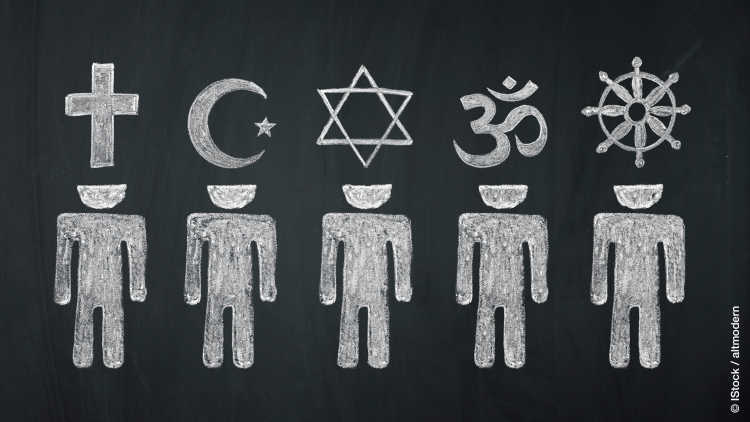- Home
- Publications
- Peer-Reviewed Articles
- Overcoming Barriers to Interreligious Peace: Determinants of Preferences for Religiously Similar Others in Togo and Sierra Leone
Julia Köbrich / Tobias H. Stark / Borja Martinović / Yawo Seyram Adiakpo
Overcoming Barriers to Interreligious Peace: Determinants of Preferences for Religiously Similar Others in Togo and Sierra Leone
Political Psychology | 2024
Abstract
Preferences to interact with similar others are a barrier to positive intergroup contact and, thus, peaceful intergroup relations. A growing literature investigated what shapes contact preferences but more research on changeable factors that can be targeted by interventions is needed. In this article, we focused on preferences for interacting with religiously similar others. To create an interface between practice and research, our hypotheses on changeable determinants of preferences are informed by qualitative interviews on everyday practices of peaceful coexistence in Togo and Sierra Leone. We expected inclusive religious ideas, adaptive coping and emotion regulation skills, and knowledge of outgroup religious practices to be related to weaker preferences for similar others. Further, we argued these associations may vary depending on neighborhood levels of interreligious peace. We tested our hypotheses using survey data (N = 1828) collected among Muslims and Christians in 50 neighborhoods of Lomé (Togo) and Freetown (Sierra Leone). We found that inclusive ideas and knowledge of outgroup practices were associated with weaker, and exclusive ideas with stronger, preferences for similar others. These findings mostly held across groups and countries. Coping and emotion regulation skills did not matter systematically and our hypotheses about the role of neighborhood-level peace was refuted.
Regional Institutes
Research Programmes
Journal
Political Psychology
Number of Pages
20









